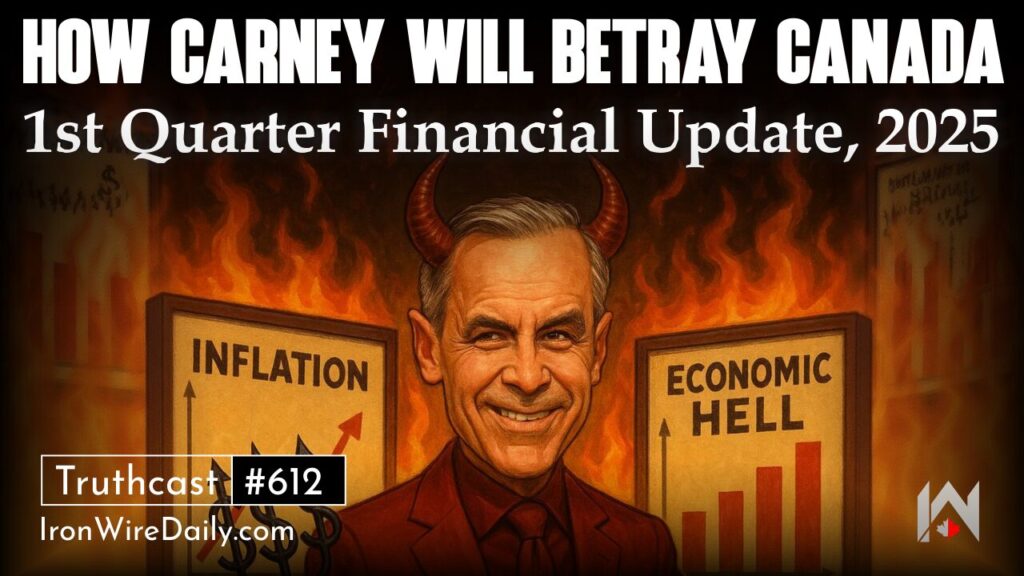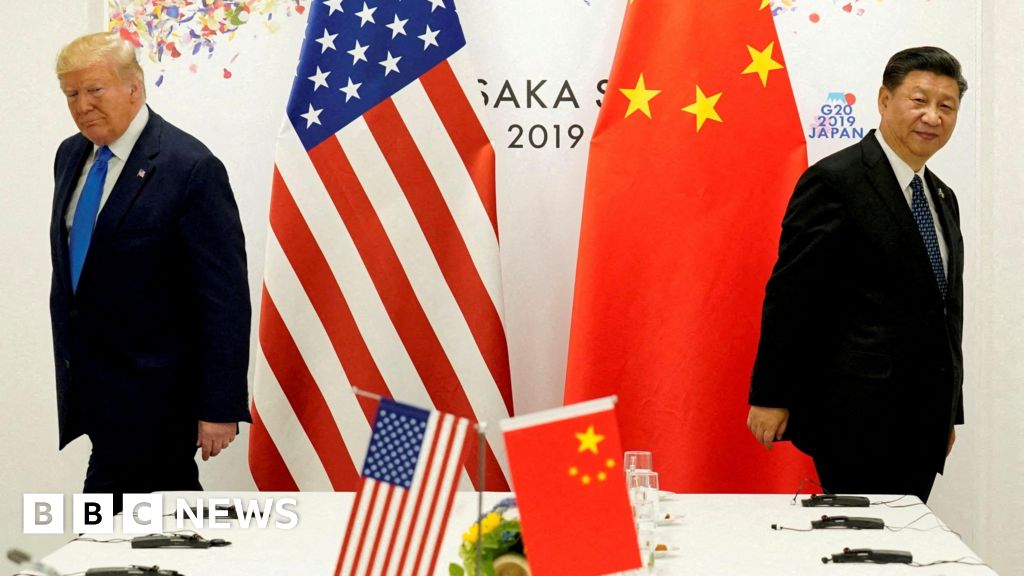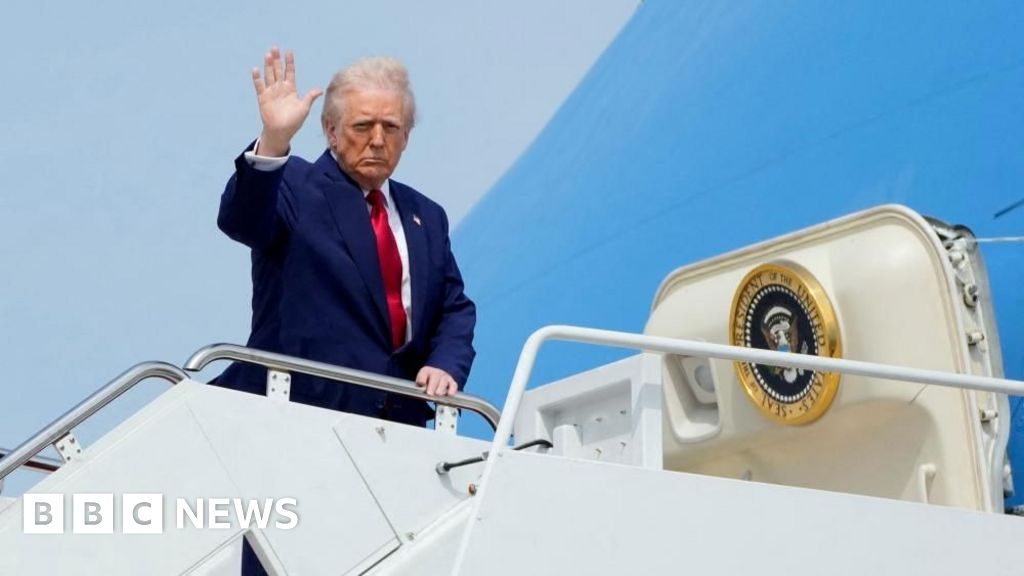Here’s How Countries Are Responding to US Tariffs
America’s trading partners around the world are asking President Donald Trump to reconsider a slew of new tariffs the White House imposed on April 2.
Shortly after Trump made his announcement in a ceremony at the White House, leaders and government officials from around the world issued statements and spoke with reporters about how their nation plans to react to the tariffs.
Officials in most countries said they want to head to the negotiating table to see if they can get their tariffs removed or reduced.
Nevertheless, some—including China and the United Kingdom—said they are considering employing punitive countermeasures on the United States.
Vietnam: 46 Percent Tariff
Vietnam is a major exporter to the United States.
All told, according to Reuters, the Southeast Asian nation exported about $142 billion worth of products to the United States in 2024.
Sri Lanka: 44 Percent
Sri Lanka is a major exporter of apparel, much of it destined for the United States, Reuters reported.
In a statement, Sri Lankan President Anura Kumara Dissanayake’s office said a panel of government officials and apparel makers was formed to study the impacts of the new tariff.
Thailand: 36 Percent
Commerce Minister Pichai Naripthaphan said his government was prepared for negotiations.
The minister was hopeful for a positive outcome based on positive bilateral relations.
China: Additional 34 Percent
In an April 3 press conference, Chinese Foreign Ministry spokesman Guo Jiakun said the moves violate World Trade Organization rules and “undermine the rules-based multilateral trading system.”
He said that the Chinese regime “will do what is necessary to defend our legitimate rights and interests.”
Bangladesh: 34 Percent
Bangladesh, a small nation in the Indian subcontinent, is dependent on its garment industry.
Readymade garments account for more than 80 percent of the country’s export earnings and employ more than 4 million people.
In a statement shared with Reuters, Shafiqul Alam, a press secretary for the country’s interim government, said the United States is both a “close friend” and the country’s largest export destination.
Indonesia: 32 Percent
Indonesia’s Foreign Affairs Ministry released a statement saying the archipelago nation is still figuring out what the impact will be on its exports.
The country is a notable exporter of electronics, textiles, textile products, footwear, furniture, and agricultural and seafood goods.
Taiwan: 32 Percent
Taiwan’s cabinet said the U.S.’s tariff is “very unreasonable.”
Taipei plans on taking up the matter of the tariff with the United States.
Taiwan is home to Taiwan Semiconductor Manufacturing Company, a key maker of electronics components used around the world.
The White House has said the tariff will not apply to computer chips.

India: 26 Percent
In a statement, India’s trade department said it is “carefully examining” the impacts of an imposed 26 percent tariff on its exports to the United States.
The country is also studying “opportunities that may arise” due to the new policy.
The same statement said Indian Prime Minister Narendra Modi and Trump agreed to work on the first phase of a bilateral trade agreement that is due to be completed by the end of 2025.
South Korea: 25 Percent
South Korea’s acting president Han Duck-soo ordered emergency support measures to be taken to help the country’s affected businesses, including the country’s automobile industry.
Malaysia: 24 Percent
The Malaysian government does not plan on imposing retaliatory tariffs on the United States.
Japan: 24 Percent
Japan’s Chief Cabinet Secretary Yoshimasa Hayashi said the country is going to closely analyze the impact of the tariffs.
Hayashi did not mention any retaliatory moves on April 3.
The European Union: 20 Percent
Numerous leaders of the 27-member European Union reacted to the blanket tariff on the economic zone officially formed in 1993 and most recently expanded in 2013.
Ursula von der Leyen, president of the European Commission, said the moves will be a “major blow to the world economy” during a visit to Uzbekistan.
Von der Leyen declined to announce any countermeasures and said the EU is ready to negotiate with the United States about the tariffs.
Germany’s Chancellor Olaf Scholz called the move “fundamentally wrong.”
Germany is home to the largest economy in the EU.
“The EU has the strongest internal market in the world with 450 million consumers, which gives us the strength to hold talks with the U.S. government to avert a trade war,” Scholz said.
“We want cooperation, not confrontation, and will defend our interests. Europe will respond united, strong, and proportionately to this decision.”
Later on Thursday, French President Emmanuel Macron called for a suspension of “future investments” in the American economy.
France’s economy is the second-largest in the EU.
In an April 3 appearance on Italian state TV, Italian Prime Minister Giorgia Meloni called the tariffs “wrong“ but also said, ”It is not the catastrophe that some are making it out to be.”
Italy’s economy is the third-largest in the EU.
Israel: 17 Percent
Israel’s Finance Minister Bezalel Smotrich said he planned on convincing ministry officials to figure out the next steps following the imposition of the tariff.

United Kingdom: 10 Percent
British Prime Minister Kier Starmer said the United Kingdom’s government will continue to work on a bilateral trade agreement with the United States.
Furthermore, he said that a “trade war” is “not in our national interest.”
Australia: 10 Percent
Australian Prime Minister Anthony Albanese said he is looking to negotiate with the United States to remove tariffs on Australian goods imported to America.
The Australian government, Albanese said, is not planning on imposing reciprocal tariffs of its own due to their potential to raise the cost of living for Australians.
Mexico and Canada
While neither of the countries bordering the United States received a new tariff yesterday, both are subject to tariffs imposed by executive orders signed by Trump earlier in 2025.
On April 3, Mexican President Claudia Sheinbaum said at a press conference that she recently spoke with Trump, who told her there would not be any reciprocal tariffs imposed on Mexican goods because “Mexico doesn’t place tariffs on the United States [and] the United States doesn’t put tariffs on Mexico.”
Discussions between the two countries continue over the 25 percent tariff the United States has placed on auto imports, as well as tariffs on steel and aluminum imports.
As for Canada, on April 3, Canadian Prime Minister Mark Carney said that the country would match the 25 percent automotive tariff by putting a matching 25 percent tariff on automobiles imported from the United States.
However, that measure will not apply to auto parts.
















